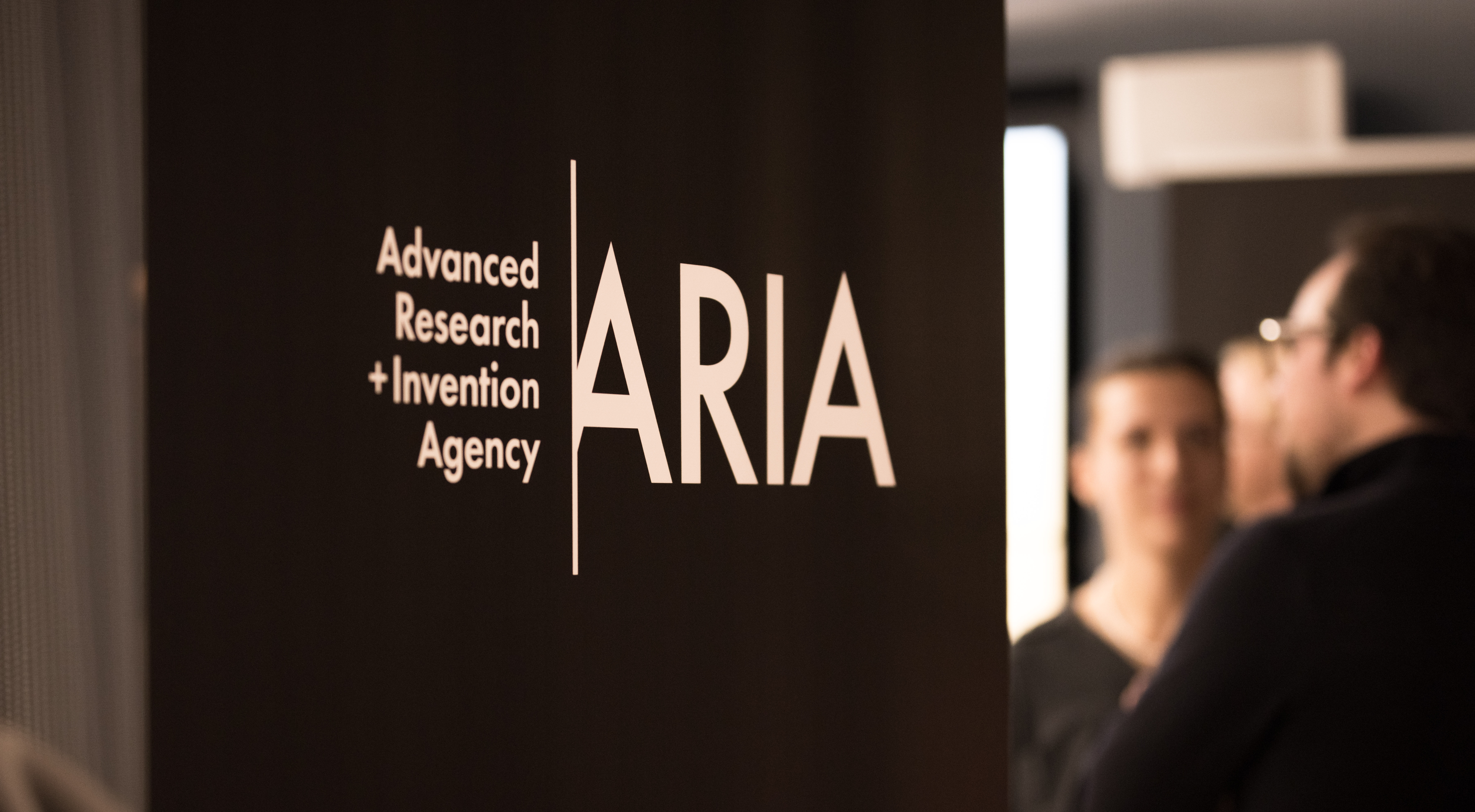News Reaction
UK Parliament Debates a Petition on Making Geoengineering Illegal
On 23 June, the UK Parliament held a debate on geoengineering in response to a petition titled “Make all forms of ‘geo-engineering’ affecting the environment illegal”. The petition has gathered over 160,000 signatures.

Photo: Grant Faint
Following funding announcements from the UK’s Advanced Research and Invention Agency (ARIA), the UK Government has become the largest single funder of research into sunlight reflection methods (SRM), also known as solar geoengineering. This has attracted significant media attention, with ARIA’s programme being mentioned in over 300 articles in 34 countries since May.
Amidst this growing scrutiny, a petition to outlaw geoengineering – which covers SRM and greenhouse gas removal – has gained over 160,000 signatures from people in the UK. It argues “there is a potential for [geoengineering] to negatively impact humanity, flora and fauna in the future”.
The UK Parliament considers petitions with over 100,000 signatures for a debate – this one was held and livestreamed on 23 June.
Liberal Democrat Member of Parliament (MP) Dr Roz Savage opened the debate and highlighted the drawbacks and shortcomings of SRM, including its potential to delay ozone hole recovery, it being unable to address ocean acidification, and the governance challenges it would entail.
She said, “SRM could take us out of the frying pan and into the fire”, adding, “let’s resist the easy temptation of silver bullets and choose instead the hard but honest work of transition”. She and fellow Liberal Democrat MP Pippa Heylings argued that funding towards SRM research would be better spent elsewhere, and Conservative MP Nick Timothy described SRM as a “hare-brained scientific scheme”.
The Government’s position was made clear by Labour MP Kerry McCarthy: it is not deploying SRM and has no plans to do so. It is, however, in favour of research to understand the potential risks and impacts of SRM in case others choose to deploy. She reiterated that ARIA is an independent body responsible for its own choices regarding funding allocation.
Dr Roz Savage was pleased to be assured there are no plans for SRM deployment, and noted that it was a rare occasion of finding multi-party consensus.
Before the debate took place, we asked three experts to share their thoughts on this petition and the debate.

Rob Bellamy
Senior Lecturer in Climate and Society
University of Manchester
This petition shows that there is at least some public opposition to solar geoengineering (noting the petitioner conflates greenhouse gas removal with geoengineering). At the time of writing, there are about 160,000 signatures, which equates to about 0.2% of the UK population. But how significant is public opposition to solar radiation modification (SRM)?
Recent research shows that about 10% of the UK public slightly to strongly oppose SRM as a societal response to climate tipping points. But a great many people still do not know what SRM is, let alone whether or not they support or oppose it. Public petitions tend to bring out the most strongly felt opinions among the public, so they are by no means representative of the public at large. But what they can do is kick-start much needed societal conversations about contentious topics like SRM. Petitions are an important part of our democratic apparatus, but ultimately only represent one part of a wider system of participation. What is needed now is broader and deeper societal engagement, with access to information, deliberation and dialogue, and crucially institutional responsiveness.
Dr Rob Bellamy is Senior Lecturer in Climate and Society in the Department of Geography at the University of Manchester. His research focuses on the social science of climate, nature, and technology, exploring how climate change and responses to it are perceived, evaluated, and governed.

Cynthia Scharf
Senior Fellow
Centre for Future Generations
Whether governments decide to use SRM is so important and so consequential for all of us – and for future generations – that vigorous public debate is essential. In particular, it’s critical that those communities suffering first and worst from climate change be part of these discussions. The tragic reality is that the world is still heating up, despite amazing advances in clean energy. We absolutely need to cut emissions immediately, and invest in adaptation. However, what, in addition to these essential measures, is our plan for alleviating the widespread suffering that’s coming our way in the next decades?
Let’s be clear: the prospect of spraying the skies to reflect the sun’s energy back into space is scary. It means we need to proceed cautiously, and not shut down a discussion that needs to happen, as uncomfortable as that is. SRM is not a solution nor a substitute for addressing the cause of climate change. The public deserves to know what emerging climate technologies might do, and what the risks and uncertainties are. Shutting down responsible, transparent research is not a good way to evaluate our options. Ignorance is not a good strategy for making wise decisions.
Cynthia Scharf is a senior fellow at the Center for Future Generations, a European think tank, leading their work on climate intervention technologies. She was senior strategy director for the Carnegie Climate Governance (C2G) Initiative, and served in the Office of the UN Secretary-General as the head of strategic climate communications and chief speechwriter on climate change.

Chad Baum
Assistant Professor
Aarhus University
Public engagement is not a box to be checked but the crucible in which deliberation takes place in democratic societies. Given potential adverse impacts of SRM deployment – for the natural environment and human society – it is critical that any decisions taken be as broad and inclusive as possible. For a choice about something so fundamental to our life on this planet, this must not be left to experts, policymakers, or any narrow segment of society. Public petitions help to center specific perspectives and bring salience to important topics. But they are no substitute for giving a hearing to the totality of voices and views that exist. Here we can draw on emerging evidence from representative surveys and deliberative workshops on public perceptions of SRM.
First and foremost, public awareness and understanding of SRM remains very low. And yet, there is an apparent open-minded stance towards exploration and testing. Instead of broad opposition, publics around the world seem to be neutral or even mildly supportive of SRM. In fact, those in the global South tend to express higher support – meaningful given that they bear more of the impacts from climate change, now and into the future. Of course, publics also pointed to significant risks and raised crucial questions about SRM, about issues of power and justice and how to regulate such technologies. Therefore, this is the moment to prioritize conversation and deliberation that is broad, deep, and inclusive – not to shut it down prematurely.
Chad M. Baum is an Assistant Professor at the Department of Business Development and Technology at Aarhus University. He is a behavioral scientist whose current research activities center on the social, ethical, and policy dimensions of carbon dioxide removal and solar radiation management.
The views expressed by Perspective writers and News Reaction contributors are their own and are not necessarily endorsed by SRM360. We aim to present ideas from diverse viewpoints in these pieces to further support informed discussion of SRM (solar geoengineering).



